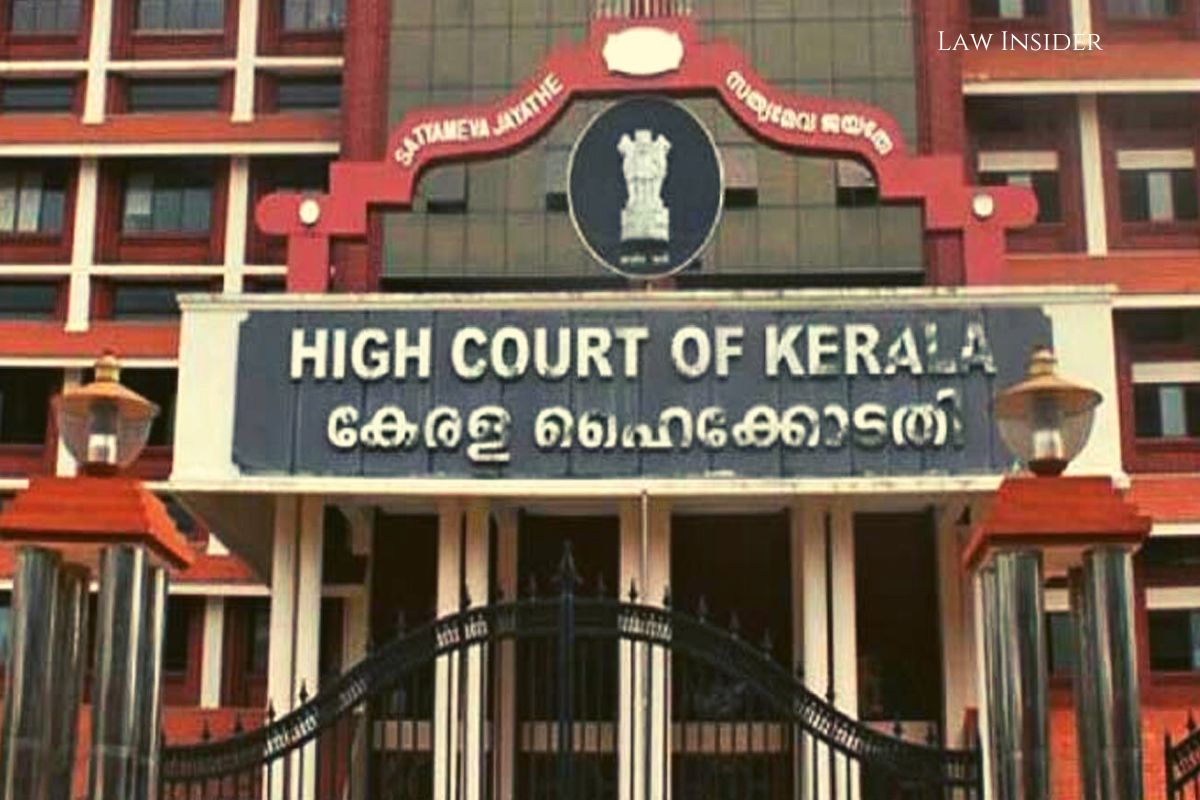LI Network
Published on: 23 August 2023 at 17:41 IST
The Kerala High Court has affirmed that the mere possession of blank signed cheques by an individual entrusted with them, without any instances of misappropriation, does not align with the parameters of criminal breach of trust as stipulated in Section 405 of the Indian Penal Code (IPC) in K.O. Antony V State of Kerala.
Justice Raja Vijayaraghavan V underscored that, in order for the charge of criminal breach of trust to apply, the entrusted person must engage in misappropriation or dishonest utilization of the entrusted property for personal gain.
The Court elucidated this stance:
“There is no evidence to support the prosecution’s assertion that the petitioner dishonestly misappropriated property that had been entrusted to him, counter to the terms of the responsibility placed upon him. It is evident that, aside from retaining blank cheques in his possession, the petitioner neither employed them dishonestly nor disposed of them.”
Section 405 of the IPC delineates the concept of criminal breach of trust, while Section 406 outlines the ensuing punishment for this offense.
In the case at hand, the petitioner served as the secretary of the Air Cargo Loading and Unloading Workers Union at the Cochin International Airport Ltd. (CIAL).
The petitioner communicated to the complainant and other workers that a lawyer needed to be appointed for handling various legal matters on behalf of the labor union.
To ensure security, the petitioner obtained blank signed cheques from both the complainant and others.
As these cheques were not returned, legal action was initiated against the petitioner under Section 406 of the IPC, culminating in the filing of a final report in the Court.
The petitioner’s legal representative argued that Section 406 of the IPC was not relevant in this case, as there had been no misappropriation or conversion of the cheques’ proceeds.
It was maintained that the cheques were never presented for payment, nor were the funds from these cheques misappropriated.
Furthermore, it was affirmed that the petitioner had collected the cheques on behalf of the labor union, based on a collective decision of the union’s executive committee, rendering the petitioner not culpable for the situation.
The Court dissected the definition of criminal breach of trust as outlined in Section 405 of the IPC, identifying the fundamental elements:
1. Entrusted property must be in existence.
2. The individual entrusted must utilize the property.
3. Dishonest use of the property must transpire, resulting in the breach of legal directions or contractual agreements concerning its utilization.
The Court clarified that solely retaining the entrusted property would not trigger the offense of criminal breach of trust as stipulated in Section 405 of the IPC. The Court emphasized:
“In other words, the mere retention of property that has been entrusted to an individual, without any misappropriation, does not fall within the parameters of criminal breach of trust. Unless the accused employs the property in violation of law or a contract, accompanied by a dishonest intent, there is no instance of criminal breach of trust.”
The Court further stipulated that, for the offense of criminal breach of trust to apply, the accused must engage in dishonest use or disposal of the entrusted property, or knowingly permit another person to do so, contravening legal directives or contractual obligations governing the discharge of trust.
The Court recognized that the petitioner, in his capacity as the secretary of the labor union, was retaining blank cheques in accordance with a decision made by the union.
Notably, the Court observed that the petitioner had neither employed these cheques dishonestly nor disposed of them. Consequently, based on these conclusions, the Court quashed the criminal proceedings against the petitioner.

